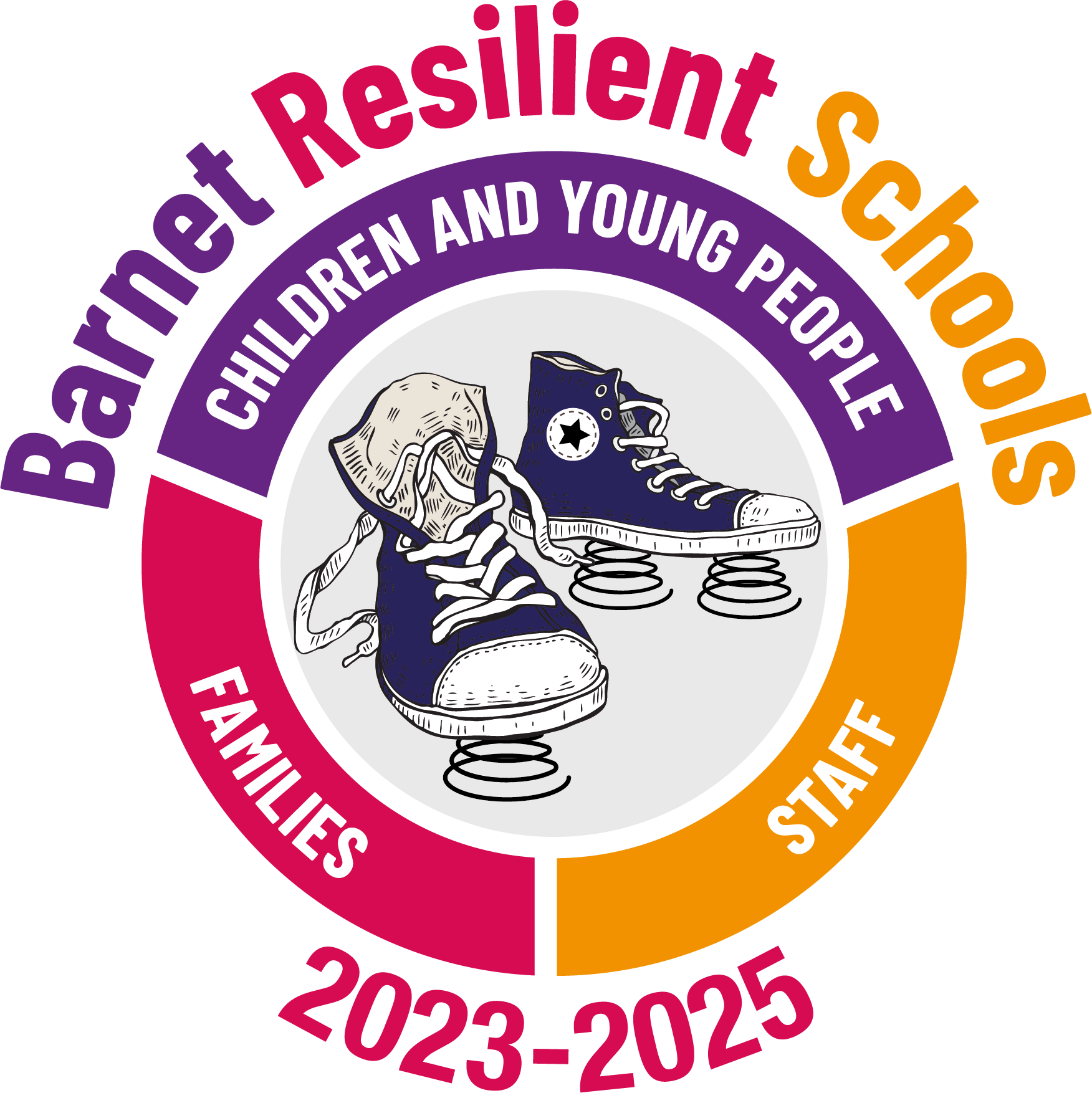Character Education
What is Character Education?
Character Education refers to explicit and implicit efforts to cultivate virtues and ethical values. The underlying principle in character education is to develop character traits and behaviours that instil motivation and guide conduct so that pupils reflect wisely, learn eagerly and behave with integrity and work well with others; the qualities that they need to flourish in our society. At Ashmole, Character education is embedded across our school culture as well as being explicitly taught in PSHE and the pastoral curriculums.
Why is Character Education Important?
As an integral part of a balanced and well rounded curriculum, schools have a duty to foster the social, moral and cultural development of pupils and prepare them for the challenges and responsibilities they will inevitably encounter in their future lives.
Character education is crucial in today’s society because it equips pupils with the positive personal traits, dispositions, moral and ethical compass required to navigate our increasingly complex world. While we cannot prepare children for jobs, experiences, problems and technologies yet to be conceived, character education serves to equip pupils with a toolkit to flourish in a job market and society that is continuously changing and evolving. They also develop the capacity of knowing how to select the best course of action in difficult situations.
What are the benefits of Character Education?
A dedicated approach to nurturing character yields many benefits. As research indicates, it can result in increased well being and academic attainment for pupils.
Character education fosters resilience and self-confidence. When pupils face challenges or setbacks, they learn to persevere and bounce back. Confidence in their abilities grows, enabling them to tackle new challenges with determination.
By fostering virtues of responsibility, citizenship and service, pupils are encouraged to contribute to the common good and actively contribute to the betterment of their communities and society.



